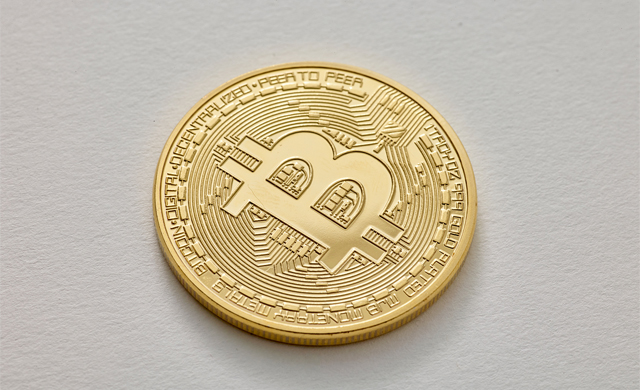The emergence of bitcoin has created a new platform bitcoin pro for the restaurant industry. It is known as the first digital currency used to buy cars, real estate, and even food in China.

The value of bitcoin has grown by about ten times in 2017, so more people are paying attention to it and its impact on other industries.
7 Positives of Bitcoin that Affects the Restaurant Industry of China
1. Bitcoins provided a better payment tool for customers
Over the past ten years, more and more restaurants in China adopted WeChat Pay and Alipay. As a result, online payment through these two platforms is very convenient for customers to shop at any place.
However, it can take time before money from a bank account gets transferred into the e-wallet of these payment tools, leading to delayed transactions. As a result, people often face frustration when they need cash, but the restaurant only accepts online payments.
Bitcoin is different because it has instant processing. Customers can quickly transfer their money into bitcoin even before getting seated at the restaurant. So there is no waiting time for bitcoin customers, unlike WeChat or Alipay customers.
2. Reduce costs for restaurants
One of the main benefits bitcoin brings to the Chinese restaurant industry is that it reduces credit card processing fees by 50% when paying with bitcoins. The current charge rate in China is 0.5% for each transaction made through bank cards, which means restaurants never miss an opportunity to save money.
Once restaurants accept bitcoin as a payment, they can save money by avoiding the credit card processing fee.
3. International payments become easier
Using bank accounts to transfer international payments is not an economical choice for small businesses because of high costs and long wait times.
If Chinese restaurants accept bitcoin, it is easier to reach international customers because people can quickly transfer their money through online exchanges in minutes.
4. Protecting entrepreneurs’ profits
Bitcoin helps protect restaurant owners’ profit because it is not affected by exchange rates or inflation. Bitcoin price has been increasing in the past ten years and usually does not drop significantly within a short period.
In China, most restaurant owners have experienced financial loss due to the devaluation of RMB against the USD over this decade.
In addition, even though bitcoin’s price can fluctuate, it is not as volatile as the RMB. For example, in 2013, the cost of bitcoin increased by ten times within just one month, causing restaurants that had adopted bitcoins to gain huge profits.
5. Reduce payment mistakes
Before accepting cryptocurrencies, some restaurants use traditional methods to help customers check their bills before paying for them. However, errors still occur when adding a tip or a discount for a customer in a rush.
Accepting bitcoin in restaurants will provide customers with all the information regarding the bill before making payment.
6. Better storage opportunities
Bitcoin provides a safer option for storing money because bitcoins are not physically vulnerable to a hacker. People who choose to purchase bitcoin from an exchange have their digital wallets protected from any external factors that may lead to theft or loss of funds.
3 Negatives of bitcoin in the Chinese restaurant industry
1. Low acceptance
The majority of restaurants do not accept bitcoin as their form of payment. In addition, cryptocurrencies are not widely accepted worldwide, which means that business owners may hesitate to embrace digital currencies due to low performance and high volatility risks.
2. Lack of regulations
Due to a lack of regulations, cryptocurrency price patterns are challenging to predict, making it difficult for business owners to develop well-thought-out investment strategies.
3. Unstable market value
Since the price of bitcoin is unstable, business owners may choose to avoid using cryptocurrencies as a store of value.
However, businesses that adopt bitcoins could potentially lose significantly if they do not have an effective plan for converting their bitcoins back to their local currency.
Conclusion
Although bitcoin has many benefits, it also comes with risks that could potentially affect the restaurant industry in China.
Therefore, until regulations are put into place by the Chinese government to support cryptocurrencies, business owners should exercise caution before fully integrating digital currencies like bitcoin into their payment options.


 Hot Features
Hot Features













